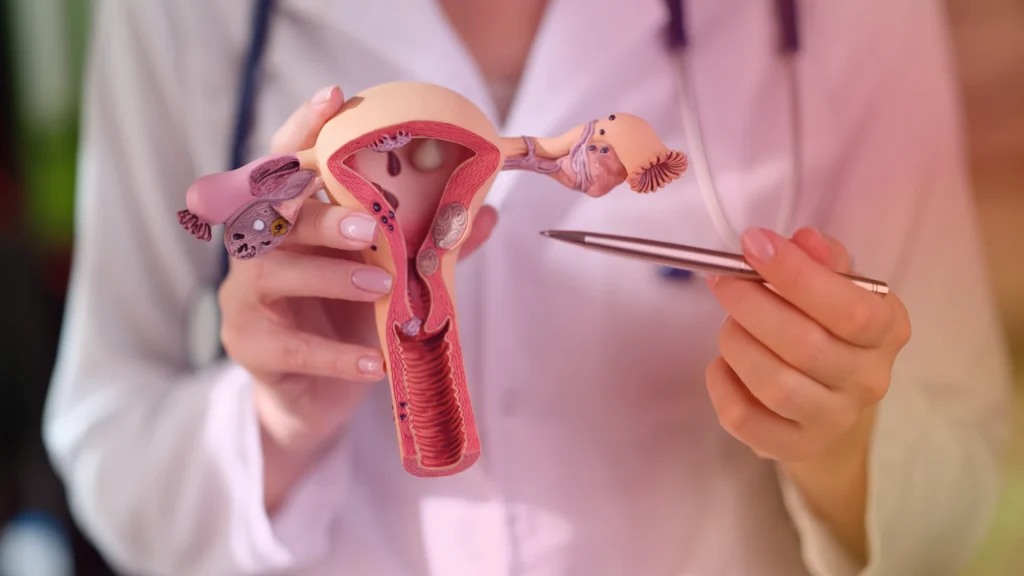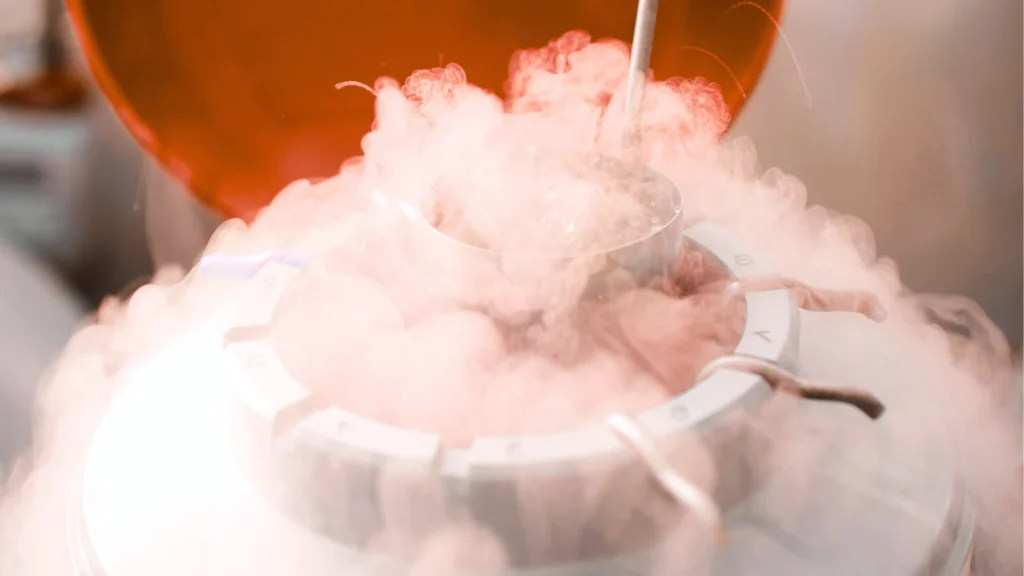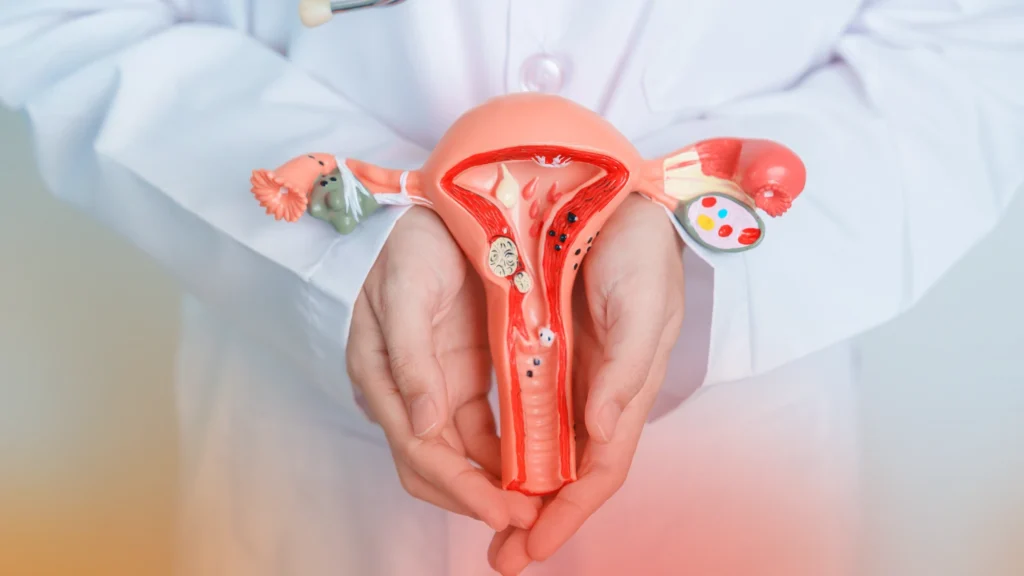When facing fertility challenges, choosing between IUI (Intrauterine Insemination) and IVF (In Vitro Fertilization) is a pivotal decision. Your age, diagnosis, and how quickly you wish to achieve pregnancy all play crucial roles. At Hope Fertility, the leading IUI fertility clinic Atlanta, GA residents trust, we guide you through every step, ensuring your treatment aligns with your goals and timeline.
Understanding IUI and IVF: Key Differences
IUI is a less invasive, lower-cost procedure where prepared sperm is placed directly into the uterus around ovulation. It’s often the first-line treatment for couples with mild male infertility, ovulation disorders, or unexplained infertility. IVF, on the other hand, involves stimulating the ovaries, retrieving eggs, fertilizing them in a lab, and transferring embryos to the uterus. IVF is more complex but offers higher success rates, especially for certain diagnoses.
IUI (Intrauterine Insemination)
- Invasiveness: Minimally invasive
- Timeline: 2–3 weeks per cycle
- Success rate: Lower, especially as age increases
- Cost: Lower
- Best for: Mild male factor, ovulation issues, unexplained infertility
IVF (In Vitro Fertilization)
- Invasiveness: More invasive (egg retrieval, lab work)
- Timeline: 4 weeks per cycle (up to 4 months total)
- Success rate: Higher, especially for women over 35
- Cost: Higher
- Best for: Blocked tubes, severe male factor, advanced age, failed IUI
Treatment Timeline: How Long Does Each Take?
- IUI: Each cycle typically takes about 2–3 weeks, from the start of your period to insemination and pregnancy testing. Multiple cycles may be recommended before moving to IVF.
- IVF: A single IVF cycle takes about 4 weeks, but the entire process—including consultation, testing, and preparation—can take up to 4 months.
Age Matters: When to Consider Moving from IUI to IVF
- Under 35: If you have no significant fertility issues, starting with IUI is often recommended. Many clinics suggest trying 3–6 IUI cycles before considering IVF.
- 35 and Older: Fertility declines with age, especially after 35. IVF offers higher success rates for women in this age group and may be recommended sooner, particularly if time is a concern or if there are additional fertility factors.
Success Rates: What Does the Research Say?
- IUI: Success rates per cycle are generally lower, especially as maternal age increases. For women under 35, the chance of pregnancy per IUI cycle is around 10–20%.
- IVF: Offers higher cumulative live birth rates and a shorter time to pregnancy, particularly for women over 35 or those with more complex fertility issues.
How to Decide: Key Questions to Ask
- How old are you, and how long have you been trying to conceive?
- What is your diagnosis? (e.g., unexplained infertility, male factor, ovulation disorder)
- How quickly do you want to achieve pregnancy?
- What are your financial considerations?
A consultation at an IUI fertility clinic in Atlanta, GA, like Hope Fertility, can help you weigh these factors and create a personalized plan.
Next Steps: Consult with Hope Fertility
At Hope Fertility, our specialists provide individualized guidance based on your age, diagnosis, and family-building goals. Whether you’re considering IUI or ready to explore IVF, we’re here to support you every step of the way.
Contact Hope Fertility, your trusted IUI fertility clinic in Atlanta, GA, to schedule a consultation and take the next step toward growing your family.




